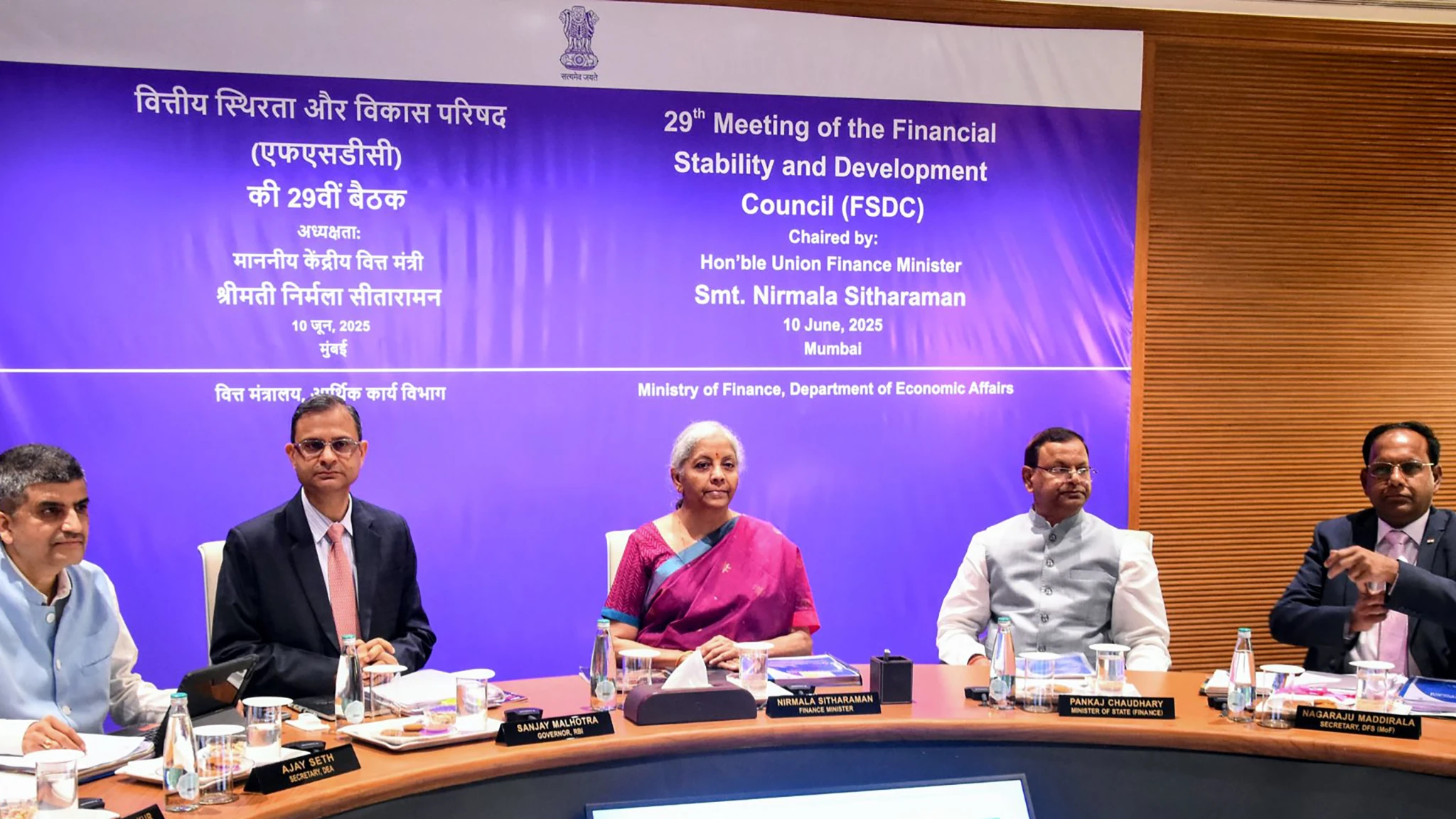The Indian markets have been rather buoyant since the election results, especially for the fast moving consumer goods (FMCG) sector. The verdict initially cheered investors, with the assumption of increased government spending on welfare schemes. This optimism, however, seems to be running ahead of ground realities, creating a potential mood mismatch that warrants a closer reality check.
Election euphoria fades
The initial market euphoria was built on the premise that a new coalition government would prioritise welfare spending to appease rural voters and meet ally demands. This was seen as a boon for the FMCG sector, expected to benefit from increased rural consumption. The markets quickly priced in this scenario, pushing up valuations, with the price to earnings multiple of the FMCG sector rising significantly post-election. However, this optimism might be premature, as the actual fiscal policy stance will only become clear with the full Budget in a month or so. Investors seem to be jumping the gun, banking on welfare handouts that are yet to materialise in substantial sums.
Consumer confidence falters
While the markets celebrate, ground-level economic indicators present a somewhat different picture. Consumer confidence appears to be waning, not just in rural areas, as previously highlighted by companies, but also in urban centres. The Reserve Bank of India’s (RBI) consumer confidence survey for May reveals a sharp dip in sentiment regarding current economic conditions. A significant percentage of respondents reported a deterioration in their employment situation and expressed concerns about rising inflation. This decline in consumer confidence casts a shadow on the assumption of robust demand driving FMCG growth. The global food price index is also on the rise, adding to inflation worries, further dampening consumer sentiment and spending power.
Debt becomes darling for startups
Adding another layer to the economic landscape, Indian startups are increasingly turning to debt financing. In a funding winter where equity is scarce and valuations are under pressure, debt financing offers a non-dilutive alternative. Startups are recognizing the strategic advantage of retaining ownership while securing capital for growth. This shift towards debt, while pragmatic in the current environment, also reflects a cautious approach in the face of economic uncertainties. It signals that startups are prioritising sustainability and financial prudence over aggressive, equity-fuelled expansion, which aligns with the broader cautious economic mood.
Navigating fiscal uncertainties
While welfare measures might seem like an easy way to boost consumption, they also carry the risk of stoking inflation. This, in turn, can hurt the very consumers these measures are intended to help, and dash any hopes of interest rate cuts in the near future. The RBI has consistently emphasised the need to bring inflation down to target levels and maintain it there before considering rate cuts. Fiscal loosening at this juncture could prolong the wait, impacting overall economic growth and investor sentiment in the long run. The government’s commitment to fiscal consolidation will be tested in the upcoming budget. The balance between welfare spending and fiscal prudence will be crucial in shaping the economic trajectory and market sentiment.
Is the market’s current optimism justified? Perhaps, but a degree of caution is warranted. It would be wise to wait for the full Budget and further policy announcements to get a clearer picture of the government’s fiscal direction and its impact on both consumer demand and inflation before fully embracing the bullish market mood.










Leave a Reply